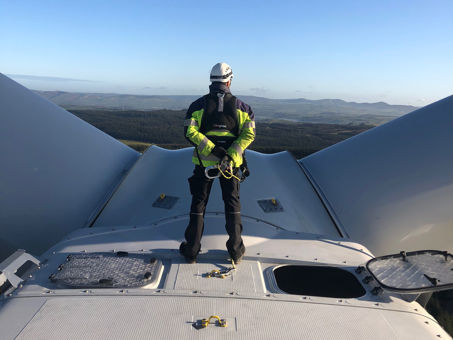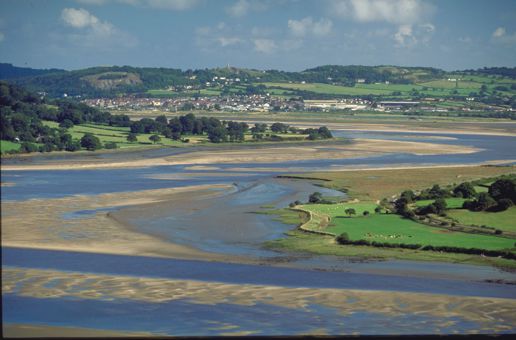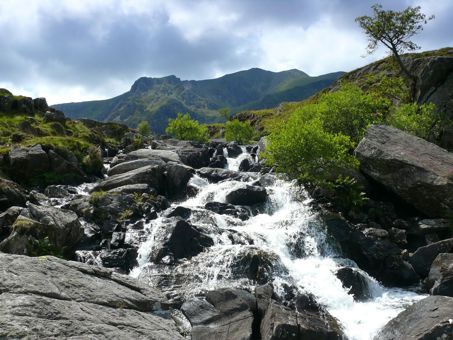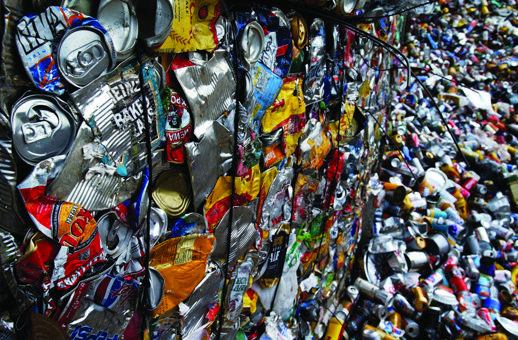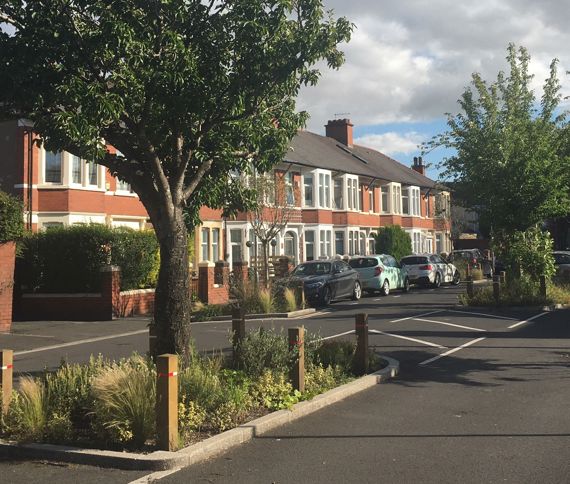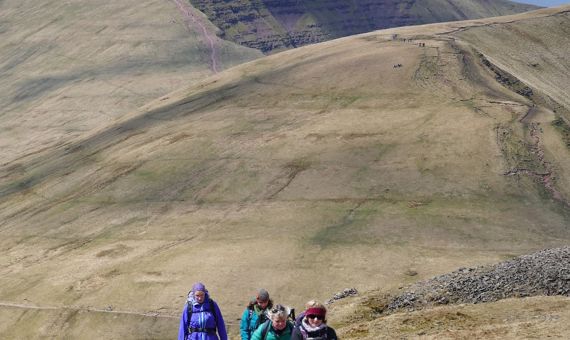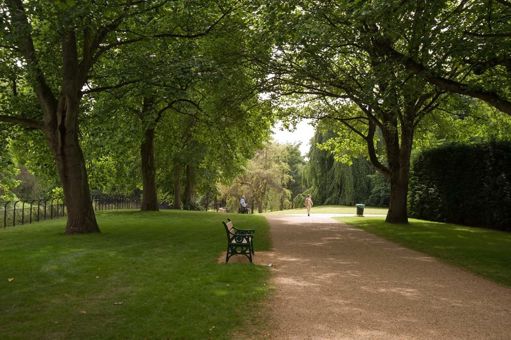Area Statements and farmers, foresters and land managers
We want to hear from you
These pages are being continuously updated, enabling stakeholders to get a better understanding of how Area Statements apply to their own specific areas of work.
This page is intended as an introduction to the Area Statements process, together with the associated challenges, opportunities and emerging ‘themes’, and how that relates to those working in farming, forestry and land management.
To find out more about joining us, and others, in tackling sustainable land management challenges, please contact your relevant area:
Anglesey, Conwy and Gwynedd
northwest.as@cyfoethnaturiolcymru.gov.uk
Denbighshire, Flintshire and Wrexham
northeast.as@naturalresourceswales.gov.uk
Ceredigion and Powys
mid.as@cyfoethnaturiolcymru.gov.uk
Carmarthenshire, Neath Port Talbot, Pembrokeshire and Swansea
southwest.as@cyfoethnaturiolcymru.gov.uk
Bridgend, Cardiff, Merthyr Tydfil, Rhondda Cynon Taff and Vale of Glamorgan
southcentral.as@cyfoethnaturiolcymru.gov.uk
Blaenau Gwent, Caerphilly, Monmouthshire, Newport and Torfaen
southeast.as@cyfoethnaturiolcymru.gov.uk
Wales’ inshore waters extending 12 nautical miles from the coastline
marine.as@cyfoethnaturiolcymru.gov.uk

Sustainable land management and Area Statements
In Wales, more than 80% of land use is covered by farming, with forestry utilising a further 15%. Both sectors contribute hugely towards delivering important multiple ecosystem services and well-being benefits (eg food and fibre production, regulating climate, soil, water and air quality). Farmers, foresters and land managers have a critical role to play in supporting the Sustainable Management of Natural Resources (SMNR), achieving the vision put forward by Wales’ Area Statements and, together, delivering SMNR on both a local and national scale.
Through consultation, farmers, foresters and land managers have told Natural Resources Wales (NRW) that their priority is to remain working on the land using natural resources sustainably to ensure viable incomes for the future. This has been recognised by the Welsh Government by way of a new Sustainable Farming and our Land scheme. A viable, sustainable rural economy means working together to tackle local and national challenges.
NRW plays a key role implementing the Welsh Government’s Natural Resources Policy (NRP) in a local context through Area Statements. The NRP, along with the Welsh Government’s Low Carbon Delivery Plan and Climate Change Adaptation Plan, recognises that Area Statements can help deliver national policy in a local context using nature-based approaches. Collectively, these national policy challenges and opportunities require action to support SMNR, including:
Climate change
- Increasing understanding of the impacts of climate change on agriculture and land management through the Capability, Suitability and Climate Programme for Wales, led by the Welsh Government
- Supporting climate change mitigation and adaption through ecosystem approaches
- Developing a climate change adaptation framework for sustainable brand values across the supply chain, from ‘farm to fork’
- Delivering climate change adaptation through the new Sustainable Farming Scheme for Wales
Soils
- Maintaining productive capacity, particularly by improving soil quality and biosecurity
- Improving soil and nutrient management
- Reducing carbon loss from peatlands and building carbon stocks within biomass
- Safeguarding and increasing carbon stores in soil and biomass
Resource efficiency and renewable energy
- Improving the efficiency of livestock production
- Achieving on-farm fuel and energy efficiency
- Taking action to reduce the pressure on natural resources, such as through resource efficiency and renewable energy (the efficient use of water and other resources is a key priority in helping maintain sustainable supplies – for further information, see the waste, water and energy sector pages)
Health, communities, employment
- Supporting preventative approaches to health outcomes, with a particular focus on key public health issues of transport related air and noise pollution, tackling physical inactivity and mental health
- Action tackling health and economic inequalities
- Community cohesion
- Secure and stable employment
Biodiversity
- Reversing the decline in biodiversity
Uplands restoration
- Restoring uplands and managing them for biodiversity, carbon, water, flood risk, energy and recreational benefits
More woodland
- Increasing tree cover and well-located woodland for improved ecosystem service value, both for building ecosystem resilience and wider benefits across the well-being goals
Water
- Maintaining, enhancing and restoring floodplains, surface and groundwater systems to reduce flood risk and improve water quality and quantity
Green infrastructure
- Increasing green infrastructure in rural as well as urban areas which, as a consequence, helps to build resilience in urban areas
Coast
- Coastal zone management and adaptation
Resilience
- Developing resilient ecological networks
Invasive Non-Native Species
- Protecting our natural habitats from the increasing risks associated with invasive non-native species
Air quality
- Reducing pollution levels in our air, and enhancing air quality
Noise
- Reduce noise pollution
The Sustainable Farming and our Land Consultation embodies the Sustainable Land Management (SLM) Framework. Food production is a vital component of SLM to produce positive environmental, economic and social outcomes alongside producing food. Similarly, woodlands can deliver SLM and contribute to sustainable agriculture through appropriate integration, and can provide economic benefits through the sale of wood and timber.
The SLM framework also supports the NRP and the biodiversity duty within the Environment (Wales) Act 2016 to help build ecosystem as well as business resilience. The proposed scheme may provide an opportunity to draw on the Area Statements when appropriate, to inform on potential spatial priorities for collaboration, and to help identify the scale of opportunities that may arise.
Collaborative work
In order to really make a difference, many of the challenges require us to work together in collaboration either locally or on a larger scale encompassing wider areas.
NRW is already working with a broad range of organisations representing farmers, foresters and land managers through the Wales Land Management Forum (WLMF), the WLMF Woodland Creation Task & Finish Group, and the Wales Land Management Forum sub-group on agricultural pollution. This will enable us to tackle sustainable land management challenges in ways that deliver benefits for people, businesses and the environment.
Discovering Area Statement themes
A full description of the different themes that are emerging from across Wales can be found here:
- North West Wales
- North East Wales
- Mid Wales
- South West Wales
- South Central Wales
- South East Wales
- Marine
Advice and guidance
For relevant standards and guidance, please see:
- Code of Good Agricultural Practices
- Keeping your oil storage safe
- Principles of soil management
- Nutrient Management Guide (RB209) for improved land
- How planting trees can contribute to your farm business
- UK Forestry Standard
- UK Woodland Assurance Standard
Please see our website for further agricultural related advice and guidance and woodland related advice and guidance.
For advisory services, please visit:
- Farming Connect – funded support, training, advice and guidance for farmers and woodland owners
- Farm Liaison Service – Welsh Government advisory service on policies and grants
- Coed Cymru – advice and information about woodland, forestry, hedgerows and timber for farmers, woodland owners/managers, community groups and timber businesses across Wales
- Coed Cadw/Woodland Trust – advice and support for small areas of tree planting, including community schemes
- Llais y Goedwig – for community woodlands
- Coed Lleol – Welsh branch of the Small Woodlands Association, providing advice for woodland owners
- Registered Glastir planners – list of woodland advisors and planners in Wales
- Focus on Forestry First – forestry training in Wales and access to funding opportunities
- NHS Forests – works with healthcare professionals and organisations to make green spaces available for health purposes
- NRW Woodland Creation Hub – signpost to sources of funding and further advice, while linking to the Area Statements and the WLMF Task and Finish Group on new woodland creation, please contact WoodlandCreation.Hub@cyfoethnaturiolcymru.gov.uk
Case studies
If you would like to find out more about the collaborative work underway by farmers, foresters and land managers in your area, please view sustainable management scheme projects case studies including Managing the uplands sustainably and Farm Woodland & Hedgerows.
Funding opportunities
To keep up to date with the Rural Development Programme sustainable land management related funding and application windows, please visit the Welsh Government websites for rural grants and payments:
- Glastir Woodland Creation
- Sustainable Management Scheme
- Enabling Natural Resource & Well-being Scheme
- Farm Business Grant
- Sustainable Management Scheme - Supporting Natura 2000 Restoration
Other funding sources include:
- UK Woodland Carbon Code
- Natural Resources Wales Grants
- National Forest Wales - Community Woods funding through the Heritage Lottery
- Woodland Trust – MOREwoods or MOREhedges schemes
- Plant! Trees for every child in Wales

